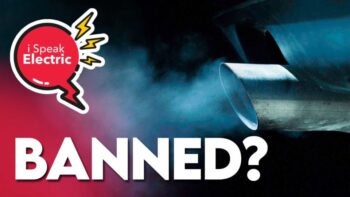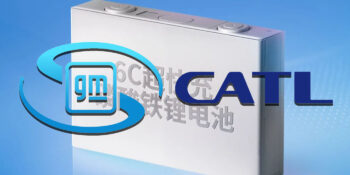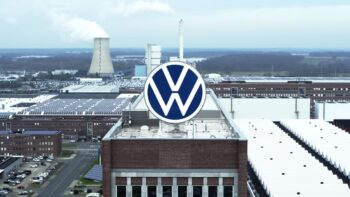SK Innovation – ‘Green Loans’ for expansion
SK Innovation secures ‘green loan’ to invest more in battery biz.
 |
| SK Innovation’s EV-Battery Plant in Seosan, South Chungcheong Province / Courtesy of SK Innovation |
By : Baek Byung-yeul
 SK Innovation has raised an 800 billion won ($657 million) “green loan” from banks in the United States, Europe and China in an effort to invest more in plants manufacturing batteries for electric vehicles (EVs) and lithium-ion battery separators (LiBS), the energy and chemical arm of SK Group said Thursday.
SK Innovation has raised an 800 billion won ($657 million) “green loan” from banks in the United States, Europe and China in an effort to invest more in plants manufacturing batteries for electric vehicles (EVs) and lithium-ion battery separators (LiBS), the energy and chemical arm of SK Group said Thursday.
A green loan is a financing of investment for the development of “green growth,” which aims to promote economic growth while focusing on reducing the use of natural resources.
With the loan, the company will invest in EV battery plants in the U.S. and Hungary, and LiBS plants in China and Poland.
LiBS are core components in developing EV batteries. Along with Japanese suppliers such as Toray Industry and Asahi Kasei, the Korean maker has been leading the sector with the three firms occupying about 80 percent of the global separator market.
SK Innovation said this is the first of its kind in Korea, adding that securing green financing is a recognition that society deems their business as a sustainable one.
“The procurement of a green loan means our EV battery and separator business have been recognized as eco-friendly,” said Lim Soo-gil, head of the company’s public relations office. “Based on our competitiveness in the sectors, we will continue to generate economic and social value simultaneously.”
SK Innovation is nurturing the battery business as its new growth engine with an increasing number of EVs on the road.
The company is currently constructing EV battery manufacturing plants in Changzhou, China, and Komarom, Hungary, and they are expected to begin operations beginning the first half of 2020. Its battery plant in the U.S. and second plant in Hungary are set to begin operations in 2022.
SK IE technology, a LiBS-manufacturing subsidiary of SK Innovation, also aims to improve its market share to 30 percent by 2025 as it plans to build LiBS production facilities in China and Poland.
The company emphasized the investment in LiBS production will increase the localization rate of homemade tech materials while Korea is struggling with Tokyo’s tightened export controls on Seoul.
Source Text & Images : The Korea Times
EV-News
EV-Companies
EMR – United Kingdom
United Kingdom
Anaphite – United Kingdom
United Kingdom









